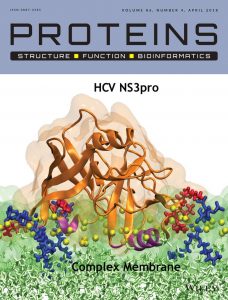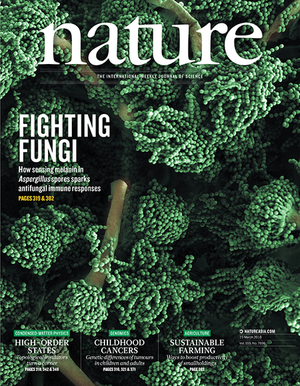 Researchers have retracted a 2018 paper about the genetic underpinnings of heart disease from the FASEB Journal — and it’s not entirely clear why.
Researchers have retracted a 2018 paper about the genetic underpinnings of heart disease from the FASEB Journal — and it’s not entirely clear why.
The paywalled retraction notice simply cites a “nonscientific reason.” Cody Mooneyhan, the director of publications at the journal, declined to provide further details, and the authors have provided different accounts of what happened: The paper’s corresponding author, John Yu, told Retraction Watch that he requested the retraction because the first author, Chia‐Ti Tsai, refused to sign the journal’s copyright agreement. Tsai, a professor in the Department of Internal Medicine at National Taiwan University in Taipei, told us he was “not notified before the paper was submitted.” Continue reading Authors retract heart disease paper for “nonscientific reason”
 In 2009, a university announced a prominent researcher in the field of protein crystallography had likely fabricated nearly a dozen protein structures. Nine years later, the U.S. Office of Research Integrity (ORI) has upheld the results — and announced a relatively long sanction, by the agency’s standards.
In 2009, a university announced a prominent researcher in the field of protein crystallography had likely fabricated nearly a dozen protein structures. Nine years later, the U.S. Office of Research Integrity (ORI) has upheld the results — and announced a relatively long sanction, by the agency’s standards. 

 How much role did a potentially problematic paper play in the demise of a once-promising compound?
How much role did a potentially problematic paper play in the demise of a once-promising compound?